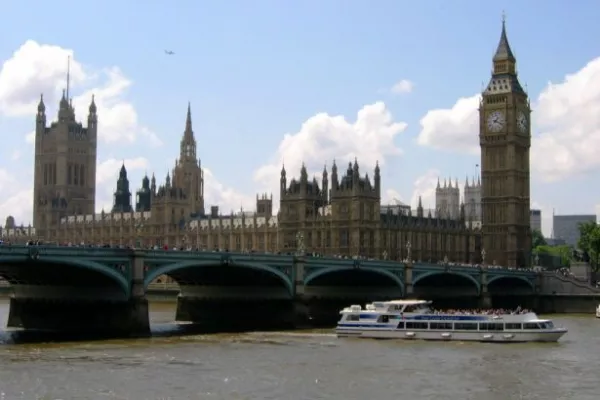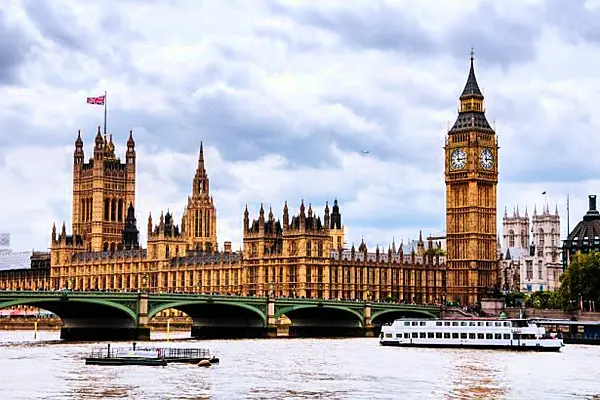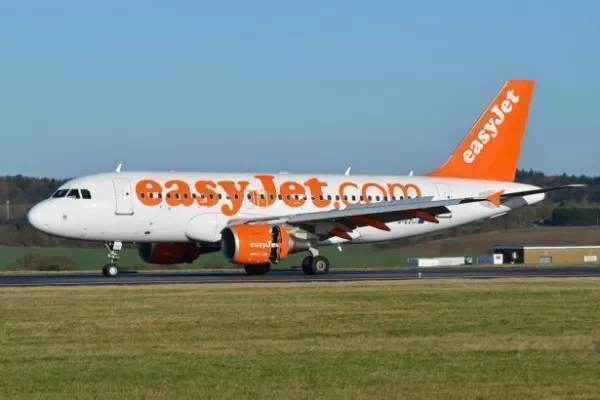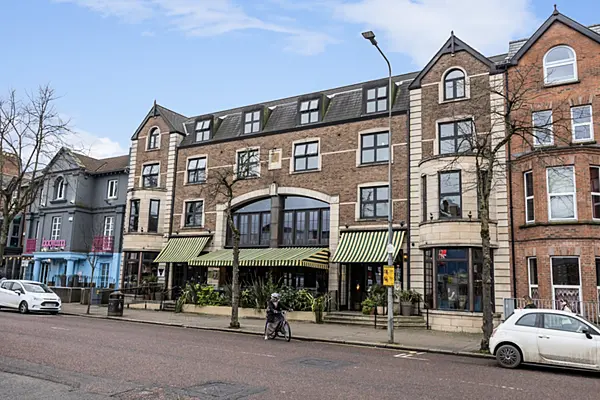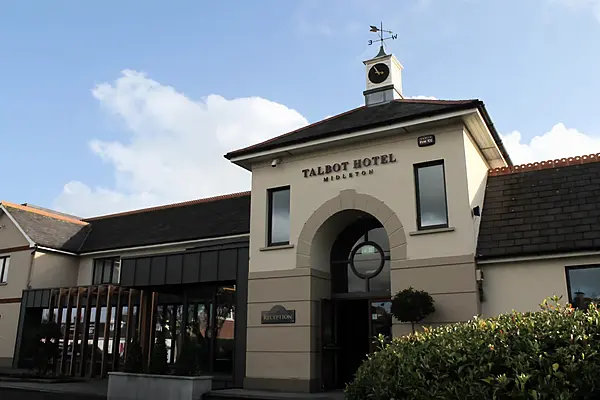UK inflation unexpectedly slowed in April, highlighting the struggle Bank of England policy makers face to revive price growth.
The rate fell to 0.3 per cent from 0.5 per cent in March, driven lower by the cost of air fares and clothes, the Office for National Statistics said in London on Tuesday. Economists had forecast a rate of 0.5 per cent, based on the median estimate in a Bloomberg survey.
Inflation has been below the BOE’s 2 per cent target for more than two years, largely due to lower oil costs and a stronger pound. The central bank expects the drag from those factors to fade, though it doesn’t expect inflation to return to the goal until mid-2018.
On the month, consumer prices rose 0.1 per cent in April. Air fares plunged 14 per cent last month after rising in March during the Easter holiday.
The UK’s core inflation rate, which excludes items such as food and energy, also declined last month. It dropped to 1.2 per cent from 1.5 per cent.
According to another inflation measure, the RPI, prices rose an annual 1.3 percent last month, compared with the 1.5 per cent forecast by economists.
With inflation so low and the economy growing only modestly, economists see the BOE keeping its key interest rate at a record low 0.5 per cent until the second quarter of 2017.
The central bank’s base scenario is for a modest acceleration in price growth from the second half of 2016, though Governor Mark Carney has warned that the outlook is clouded by Britain’s referendum on European Union membership.
He said last week that the vote poses the biggest risk and that leaving the bloc would weaken sterling and, potentially, push up inflation.
News by Bloomberg, edited by Hospitality Ireland
